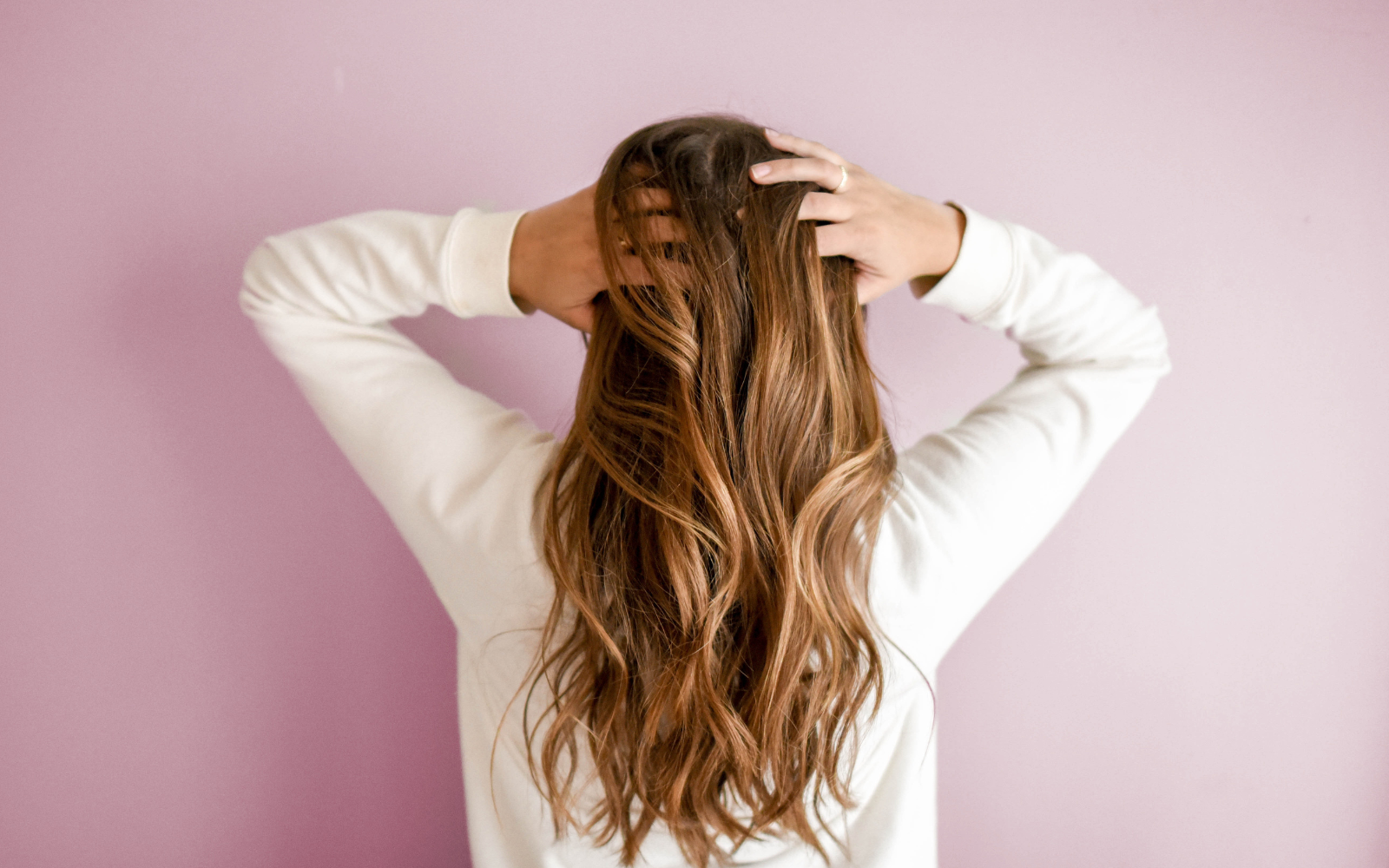Zinc is an essential mineral, meaning it has to be acquired through our diet as we can’t produce it on our own. However, this isn’t always easy or convenient, and a lack of Zinc in our diet can result in Zinc deficiency or depletion.
Zinc deficiency & depletion
Your body can't store Zinc, so it depends on a daily supply through diet. Things that can drive low Zinc status and put you at risk of Zinc deficiency or depletion include:
-
Inadequate dietary intake: Vegans and vegetarians are at risk of Zinc depletion because it's less abundant in plant foods than animal protein, and plant foods are often high in a substance called phytic acid, which inhibits the absorption of minerals.
-
Poor absorption: Poor absorption of Zinc is common in those with chronic digestive conditions (e.g. inflammatory bowel disease). Low stomach acid levels driven by ageing and stomach acid-lowering medications can also impair Zinc absorption.
-
High utilisation, or ‘draining’, of zinc: Factors like high stress, pregnancy, breastfeeding, high alcohol intake, tissue repair (e.g. surgery), over exercising or strenuous physical training, and chronic use of other ‘Zinc-depleting’ medications such as diuretics can all increase excretion and decrease absorption of Zinc.
-
Other minerals: Zinc competes with iron and calcium for absorption and high Zinc intakes can inhibit copper absorption.
Zinc deficiency symptoms
Without enough Zinc in the body, hundreds of different nerve, metabolism, and digestive enzymes will stop working, and your health will decline. Zinc deficiency can manifest as a wide range of signs, symptoms, and conditions, including:
- Slow growth in early years
- Loss of sense of taste, smell, and appetite
- Weight loss
- Impaired immune function, recurrent and/or long lasting infections
- Slow wound healing
- Hair loss and skin changes (e.g. acne, psoriasis). Studies also show that reversing zinc deficiency with supplementation may reduce deficiency-related hair loss.
- Diarrhoea
- Low libido
- Impaired fertility
- Low mood, memory and concentration
- Lack of menstrual periods and premenstrual syndrome (PMS)
- White spots on the fingernails
Zinc RDA
In order to avoid Zinc deficiency, the recommended daily Zinc intake for adult males in the UK is 9.5mg, and for adult females is 7mg.
Sources of zinc
Foods containing Zinc
Zinc is found in a wide variety of foods. Zinc content is fairly high in animal sources and less so in plant foods due to their phytic acid (phytate) content. Phytates, found in whole grains, legumes, seeds and nuts bind to zinc and inhibit its absorption. The requirement for dietary Zinc may be as much as 50% higher for strict vegans and vegetarians, whose major food staples are grains and legumes.
Animal sources of Zinc
Oysters, red meats, eggs, poultry, cheese, fish, shrimp, crab, and other shellfish.
Vegetarian sources of Zinc
Legumes (especially beans, peas, soybeans, and peanuts), whole grains, tofu, brewer's yeast, brazil nuts, almonds, cooked greens, mushrooms, green beans, pumpkin, and sunflower seeds.
Zinc supplements
People who are unable to get enough Zinc through their diet, or who can’t properly absorb it, may benefit from Zinc supplements.
Summary
When it comes to avoiding Zinc deficiency, we must also take into consideration lifestyle factors that can deplete Zinc levels from the body, such as exercise, medication, stress, etc. which increase your daily needs. So, focus on consuming Zinc-rich foods daily, and you also might want to supplement with Zinc to make sure you get enough of this vital nutrient every day.






Share:
What are the benefits of taking Glutathione?
How do you reduce inflammation? A nutritionist's guide